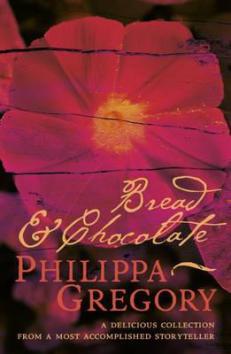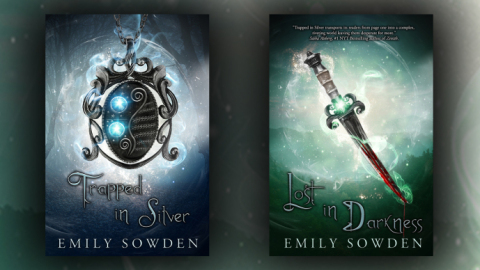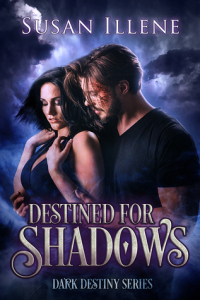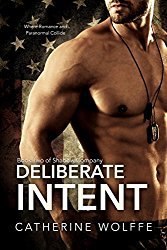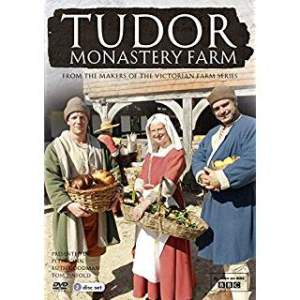 How do you like to spend your evenings?
How do you like to spend your evenings?
I’ve always been a morning person. I find that I do my best writing from breakfast time until early afternoon, when I slow down and eventually grind to a halt. Then I’m usually good for business or household challenges until dinnertime. After that I have an hour, maybe two or three, when my brain doesn’t seem to want to work, but is oddly susceptible to ideas and impressions. If I use this downtime well, it can be incredibly useful later.
On weekdays I try to be careful how I spend those hours, because I want to keep my subconscious in the world of my WIP. I don’t read new fiction, because if the book is good, it takes over my imagination, and I find myself thinking deeply about what I liked (or didn’t like) about the story, the characters, the plot, the world, the lot. If I can, I’d rather direct that creative stimulation inward, toward my own characters and plot, and save other writers’ stories as a weekend treat.
Favorite books bring a different kind of problem. Even if I’ve read them countless times, I get immersed in the world and find it impossible to walk away until the story is resolved. Which means that unless I pick a novella, catching up with a book I know and love means an investment of at least three or four hours. If I try to dip in and out again, chances are I’ll either stay up way too late or finish the book the next morning when I should be writing.
So I was really happy to discover the perfect creative feast for my weekday evenings: a BBC TV series called Tudor Monastery Farm, starring freelance historian Ruth Goodman, aided and abetted by archaeologists Peter Ginn and Tom Pinfold. I’m not quite sure how to describe the episodes—historical documentaries sounds dry, and they’re anything but. The team aims to live as tenant farmers would have done during the Tudor period, but what I really like is that the program makers put all their focus on the constraints, priorities and innovations of people who lived during the period, instead of making it all about the presenters. Ruth, Peter and Tim wear their learning lightly and get their hands dirty in their quest to bring history alive. They come across as honest, likeable and enthusiastic, and they’ve really made my mental wheels turn.
So far I’ve watched the team plough a field with oxen and a wooden plough; grow and harvest peas; weave hazel fencing; make rushlights; raise pigs, sheep and geese; make ale and cheese; make flour and turn it into bread; shear sheep, spin the wool and weave it into cloth; make rush matting for a floor; make traps for eels, catch, cook and eat them; keep bees and collect the honey; mine and smelt lead; cast iron and tin; make a pen, and paper; make a clock…the list seems endless.
I’m guessing the sheer relentless effort of keeping on top of so many basic tasks would be familiar to today’s subsistence farmers, but the use of the tools and techniques of the period scales up the degree of difficulty. It’s been fascinating and illuminating to think harder about how the day’s routines were driven by need to work by daylight; about how it must have been to drink ale from breakfast to supper because water wasn’t generally clean enough; to live on a daily diet of bread and ale supplemented with butter and cheese, with maybe fish, meat, or pottage; to regard white bread or beeswax candles as an unimaginable luxury; and to see every stroke of good or bad fortune as the consequence of divine will.
The episodes are an hour long, so I can watch one or maybe two in an evening.
I chose the Tudor Monastery Farm series and Ruth Goodman’s companion book How To Be a Tudor, because while my WIP isn’t strictly set in this time period, it is close enough that I can get some great ideas and immerse myself in the rhythms of a life before electricity and guns.
When I’ve finished Tudor Monastery Farm, I’m planning to watch Secrets of the Castle. According to the blurb, it examines the techniques used by builders of castles in Medieval Europe based on the experimental archaeology project at Guédelon Castle in France. I’m not planning to write Medievals, but I bet I can get some great ideas from that. There are also Edwardian and Victorian series, which I might buy now and save up for after I’m done with Alexis’s story.
If you’re interested, I believe you can find a sample of Ruth Goodman and her team on Youtube.
What’s your preferred way to spend a free evening?
Share this: